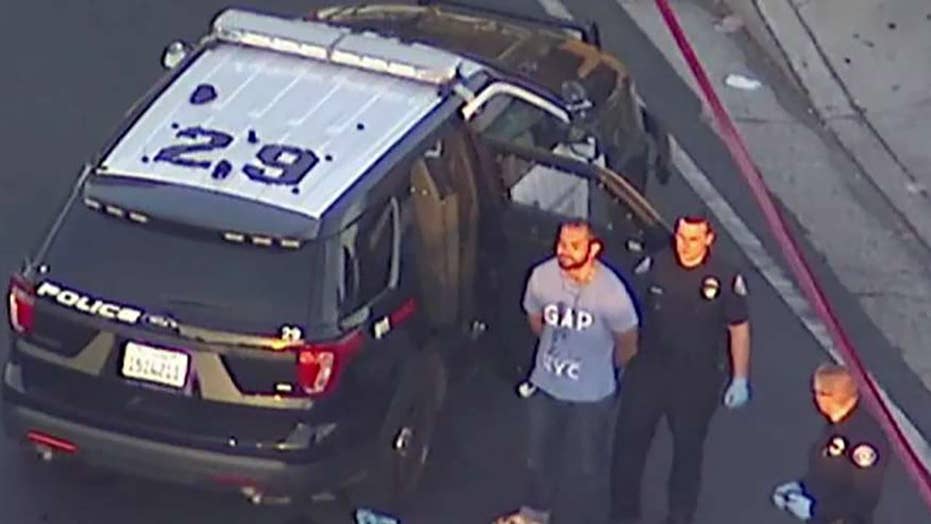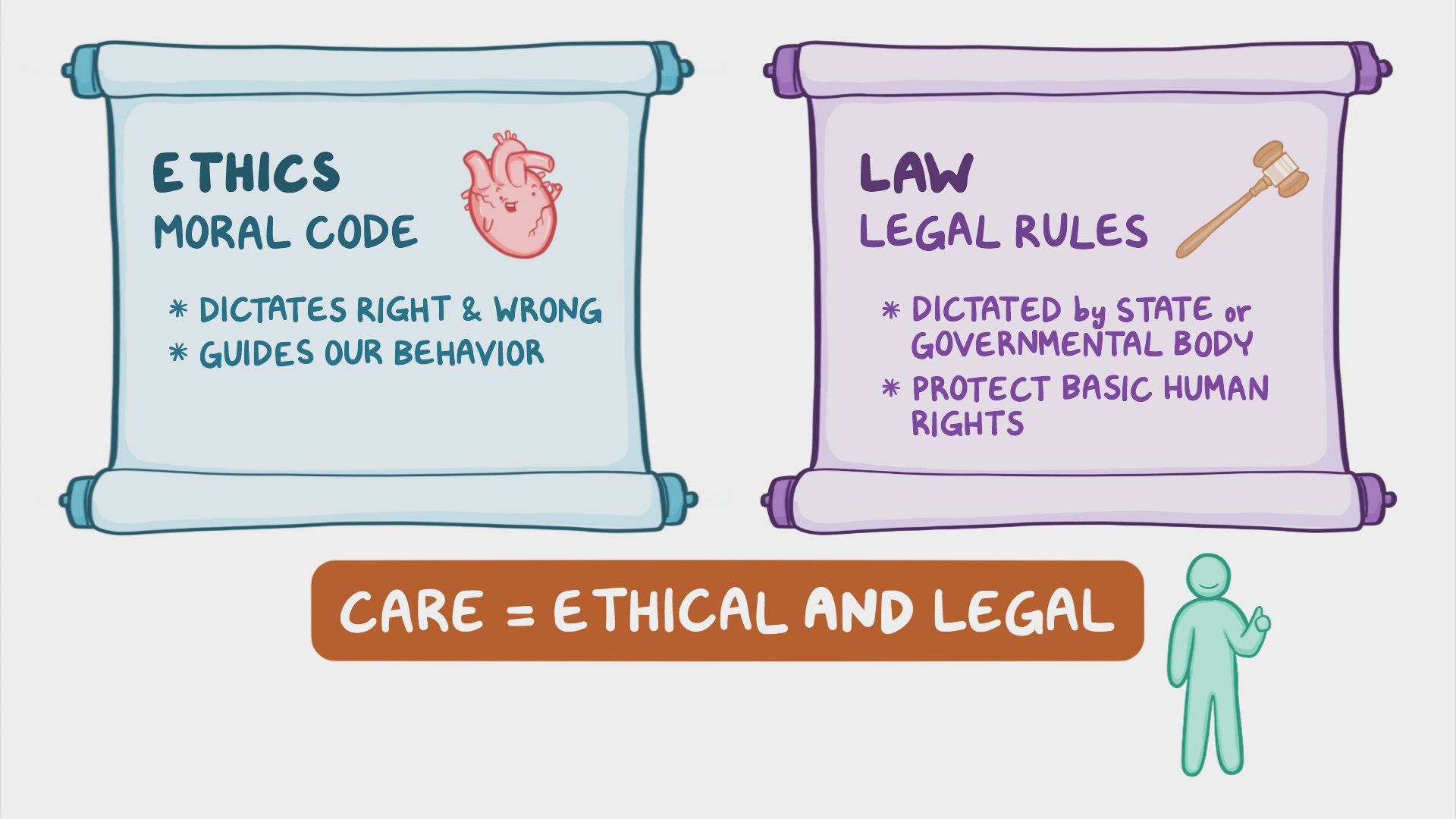Hate Crime: Woman's Racist Stabbing Leads To Murder Conviction

Table of Contents
The Details of the Hate Crime
The Victim and the Attack
The victim, a [ethnicity] individual, was brutally attacked on [date] at approximately [time] in [location]. The attack, described by witnesses as swift and brutal, involved the perpetrator using a [weapon type] to inflict multiple stab wounds. The perpetrator, identified as [perpetrator's name], was heard shouting racial slurs and making derogatory comments about the victim's ethnicity during the attack. This racist attack was clearly a hate-motivated crime, driven by virulent racial prejudice. The details of the attack, as presented in court, painted a horrific picture of racially motivated violence.
- Time and location of the crime: [Date] at approximately [Time] in [Location].
- The weapon used: A [Weapon type].
- Witnesses and their accounts: Multiple witnesses corroborated the account of the attack and the perpetrator's racist remarks.
- The immediate aftermath of the attack: Emergency services were called, and the victim was transported to a local hospital where they sadly succumbed to their injuries.
The Investigation and Legal Proceedings
Gathering Evidence
The subsequent criminal investigation was thorough and meticulous. Law enforcement collected forensic evidence from the crime scene, including [examples of forensic evidence]. Crucially, investigators also gathered evidence of the perpetrator's racist bias. This included social media posts containing hateful messages targeting [victim's ethnicity] individuals, and testimony from witnesses who recounted the perpetrator's use of racist language during and after the attack. This evidence was essential in establishing the hate-motivated nature of the crime.
- Role of law enforcement: Local police, state investigators, and the FBI all played key roles in the investigation.
- Challenges faced in the investigation: [Mention any challenges, if applicable. For example, difficulty in obtaining witness statements or locating evidence].
- The evidence presented in court: The prosecution presented a compelling case based on forensic evidence, witness testimonies, and the perpetrator's own social media activity.
- Expert testimony: Experts in forensic science and racial bias were called upon to bolster the prosecution's case.
The Conviction and Sentencing
The Verdict and its Implications
Following a rigorous trial, the jury found [perpetrator's name] guilty of murder and the use of a deadly weapon in the commission of a hate crime. The verdict delivered a powerful message: racially motivated violence will not be tolerated. The sentencing, [length of sentence], reflected the severity of the crime and the need for a significant punishment. This conviction underscores the importance of holding perpetrators of hate crimes accountable and sends a clear message that such acts will not be treated lightly by the justice system. The sentencing reflects the weight of the crime and the need for strong repercussions for bias-motivated violence.
- The specific charges: First-degree murder and hate crime enhancement.
- The length of the sentence: [Sentence details, e.g., life imprisonment without parole].
- Reactions from the victim's family and community: The verdict brought a sense of justice, though also profound sadness, to the victim's family and the community.
- Public response to the verdict: The verdict was met with widespread support from civil rights organizations and community leaders, reinforcing the need for vigilance against hate crimes.
The Broader Context of Hate Crimes
The Rise in Hate Crimes
This case highlights a disturbing trend: the rise in hate crimes, particularly those targeting racial and ethnic minorities. Statistics reveal a significant increase in bias-motivated violence in recent years. The proliferation of hate speech online, fueled by social media platforms, plays a significant role in escalating these incidents. Addressing the root causes of hate crimes, including systemic racism and the normalization of prejudice, is crucial to preventing future tragedies. This case underscores the need for stronger laws, increased community engagement, and improved reporting mechanisms to combat this disturbing trend.
- Statistics on hate crimes in the relevant region or country: [Insert relevant statistics; cite sources].
- The role of social media in spreading hate speech: Social media platforms often serve as breeding grounds for hate speech, amplifying prejudice and inciting violence.
- Efforts to combat hate crimes (legislation, community programs): Various legislative efforts and community initiatives are underway to address hate crimes, but more is needed.
- Resources for victims of hate crimes: [List relevant resources and organizations].
Conclusion
The murder conviction in this hate crime case stands as a stark reminder of the devastating consequences of racial violence. The detailed investigation and subsequent prosecution underscore the importance of holding perpetrators accountable for their heinous acts. While this verdict provides a measure of justice, it also highlights the ongoing struggle against hate crimes. Combating hate crimes requires a multifaceted approach, encompassing stricter laws, improved community outreach, and a concerted effort to challenge prejudice and discrimination. We must all work together to prevent hate crimes, ensuring that every individual feels safe and protected from racially motivated violence. Understanding hate crimes, reporting incidents, and supporting anti-hate organizations are crucial steps in building a more just and equitable society. Let's commit to actively combating hate crimes and creating a future free from racial violence.

Featured Posts
-
 Find Live Music And Events In Lake Charles For Easter Weekend
May 10, 2025
Find Live Music And Events In Lake Charles For Easter Weekend
May 10, 2025 -
 Will Apples Ai Strategy Succeed A Critical Analysis
May 10, 2025
Will Apples Ai Strategy Succeed A Critical Analysis
May 10, 2025 -
 Enquete Apres La Chute Mortelle D Un Jeune Ouvrier A Dijon
May 10, 2025
Enquete Apres La Chute Mortelle D Un Jeune Ouvrier A Dijon
May 10, 2025 -
 New Uk Visa Policy Implications For Nigeria And Pakistan
May 10, 2025
New Uk Visa Policy Implications For Nigeria And Pakistan
May 10, 2025 -
 Antipremiya Zolotaya Malina Kto Poluchil Nagrady Za Khudshie Filmy Vklyuchaya Dakotu Dzhonson
May 10, 2025
Antipremiya Zolotaya Malina Kto Poluchil Nagrady Za Khudshie Filmy Vklyuchaya Dakotu Dzhonson
May 10, 2025
